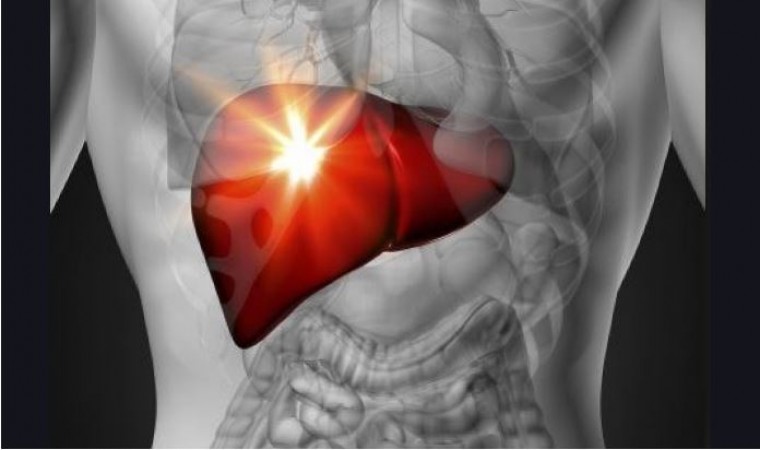
Every year on April 19, the world observes World Liver Day (WLD), a day set aside to promote awareness of liver disease among the general population. The events held on this health awareness day are planned in collaboration with associations of numerous worldwide and local governing organisations. On World Liver Day, the emphasis is on initiatives that inform the public about the seriousness, early detection, and prevention of liver diseases.
The liver, the second-largest and most important organ in the body, performs a variety of jobs including, but not limited to, metabolism, digestion, immunity, removing toxins, and storing nutrients like vitamins, minerals, glucose, etc. Despite the liver's remarkable capacity for self-healing, which allows it to grow or regenerate after suffering damage of up to 60 to 70%, any anomalies in the liver could have a major negative impact on one's health.
Theme of World Liver Day in 2023: 2023's World Liver Day has as its subject "Be Vigilant, Do Regular Liver Check-Up, Fatty Liver Can Affect Anyone." The topic emphasises the importance of routine liver exams because anyone can develop fatty liver, regardless of risk factors like obesity (overweight), insulin resistance (diabetes), and excessive alcohol intake. Recent studies conducted in India have revealed that patients with low body mass indices (25 kg/m2) account for 75% of cases of non-alcoholic fatty liver disease (NAFLD; liver disease caused in people who drink little to no alcohol).
The significance of World Liver Day: Cirrhosis-related causes account for just half of the 20 lakh deaths per year from liver illnesses worldwide; the remainder are attributable to viral hepatitis and hepatocellular (liver) carcinoma. Cirrhosis and liver cancer together account for 3.5% of all fatalities (deaths) globally, with cirrhosis now ranking as the 11th major cause of death internationally and liver cancer ranking as the 16th major cause (globally) and 10th (in India) respectively.
There are 200 million drinkers worldwide, of whom 7.5 to 10 million are at risk for liver disease brought on by alcohol. In addition, 40 crore individuals have diabetes and 200 crore adults are obese or overweight, which are risk factors for hepatocellular carcinoma and non-alcoholic fatty liver disease (NAFLD), respectively. Although viral hepatitis is still quite common worldwide, drug-induced liver damage is now the main cause of acute hepatitis. By 2030, there will be 35% more new cases per year than there were in 2005.
Lack of knowledge regarding the gravity of the disease, associated risk factors, and preventive is the cause of the increase in the numbers. On this day, leaders in the hepatological community, including private hepatologists and hepato-oncologists and healthcare officials, speak to the public about the danger of liver disease and ways to prevent it, such as dietary changes and way of life adjustments. The WLD also gives participants the chance to learn more about the signs and symptoms of liver disease and the significance of early detection, as the majority of liver disorders are asymptomatic.